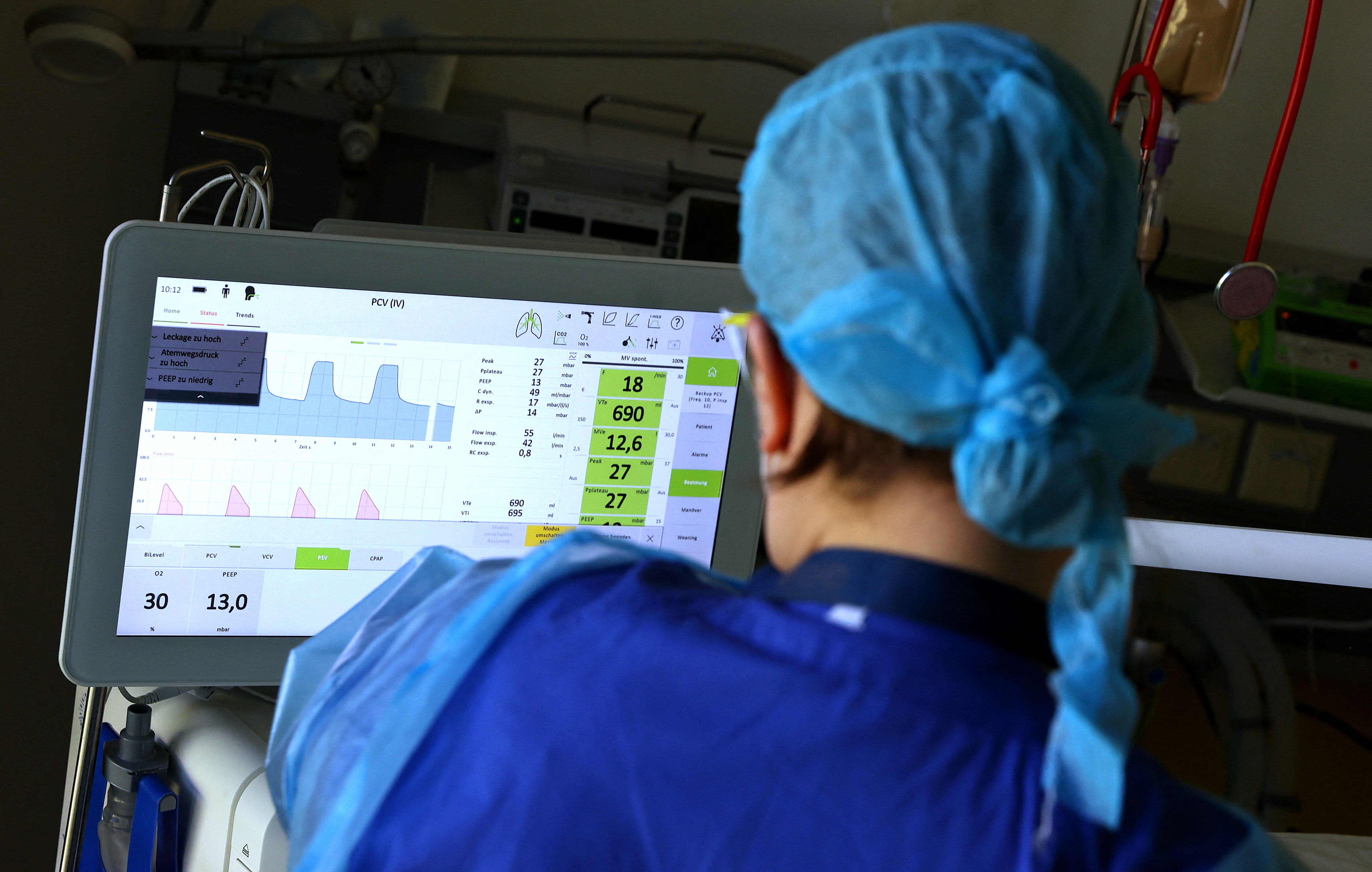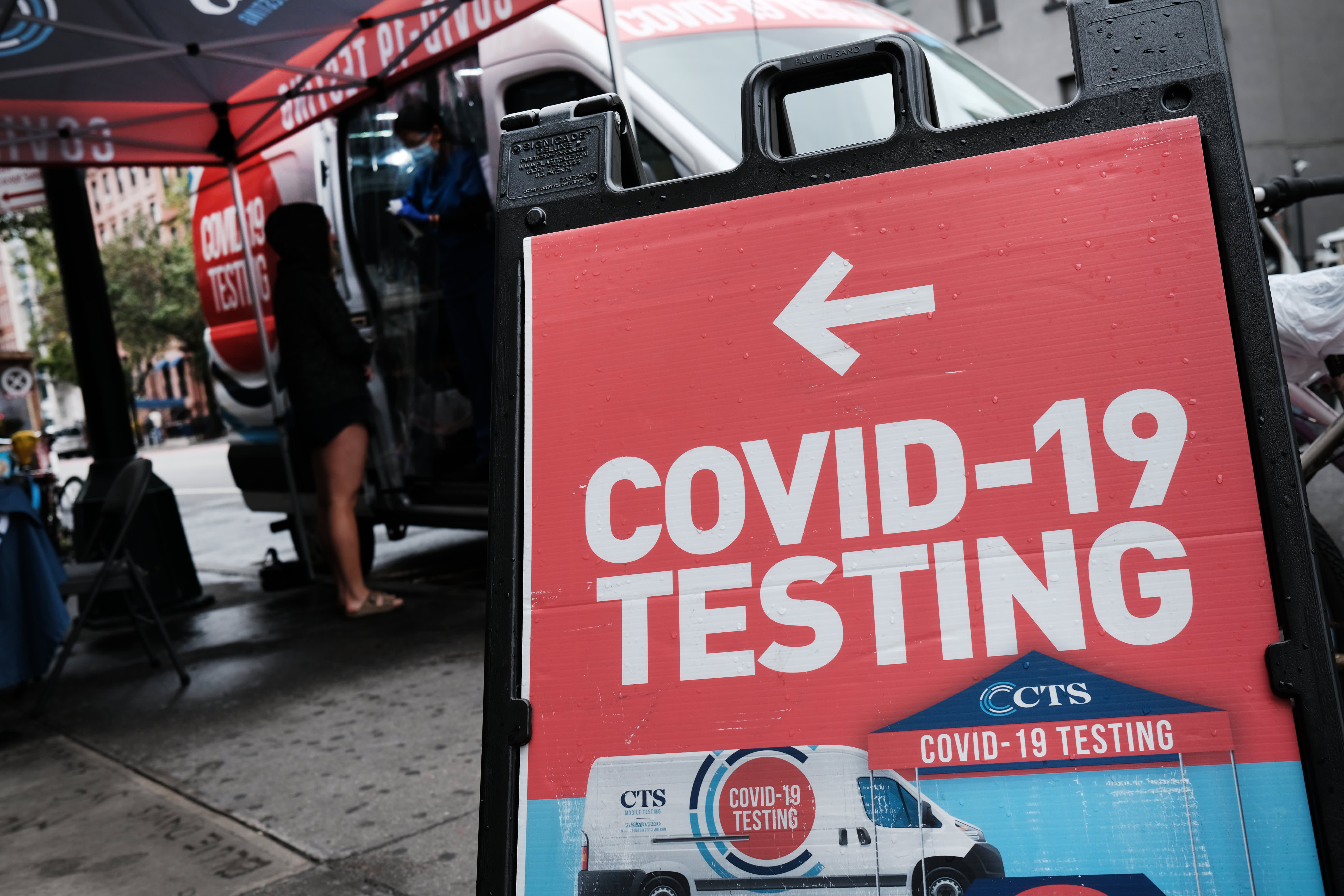NY Continues to Monitor Omicron Variant as US Travel Ban Goes Into Effect
Flights from South Africa and seven other southern African countries into John F. Kennedy International Airport were filled with only American citizens on Monday as the nation’s travel ban meant to slow the spread of a new COVID-19 variant goes into effect.
While not much is known about the so-called omicron strain, New York state and city leaders say they’re “closely monitoring” the newly identified variant of the coronavirus and no cases of the newly identified variant have been detected in New York or the rest of the United States for now.
It’s still unclear exactly how great a danger Omicron poses to New Yorkers — vaccinated or not — but Gov. Kathy Hochul encouraged everyone to double down on precautionary measures: mask-wearing, hands washing and getting vaccinated.
“The vaccine also remains one of our greatest weapons in fighting the pandemic, and this news further emphasizes the need for each of us to get vaccinated and get the booster if you’re fully vaccinated,” Hochul said.
If the new variant is anything like the Delta variant, the strain that quickly became the dominant one in New York City and the U.S. due to its transmissibility, unvaccinated people remain the greatest concern.
The CDC says unvaccinated individuals are more likely to get infected, and therefore transmit the virus. There have been cases of breakthrough infections in fully vaccinated people but it’s less frequent and they’re less likely to develop serious illness.
The health agency also recommends wearing a mask when you are in indoor public places. New York state has a number of indoor mask policies in place amid the rise of Delta, however, fully vaccinated individuals aren’t required to wear masks when gathering with loved ones at home or in other private settings.
Meanwhile, the governor has also declared a state of emergency ahead of potential COVID-19 spikes this winter due to the already-circulating Delta and newly-identified Omicron variants. The declaration, which goes into effect on Dec. 3, will allow the state to acquire pandemic-fighting supplies, increase hospital capacity and fight potential staffing shortages. It would also allow the state Health Department to limit non-essential and non-urgent procedures at hospitals.
The new strain, which sports about 50 mutations, was first identified by South Africa health officials earlier this week and was quickly labeled a variant of concern by the World Health Organization. On Friday, the WHO named the variant omicron and warned that preliminary data suggested it had greater potential to evade immunity than previous variants.
Dr. Francis Collins, director of the National Institutes of Health in the United States, emphasized that there is no data yet that suggests the new variant causes more serious illness than previous COVID-19 variants.
“I do think it’s more contagious, when you look at how rapidly it spread through multiple districts in South Africa,” Collins said on CNN’s “State of the Union.”



No comments